Crack of Christmas hope and light in darkened world


The October 7 atrocity struck the hearts of people of all faiths and none. As St John Paul II said in a speech at the Rome Synagogue in 1986, Christians look to the Jews as “our dearly beloved … elder brothers”. The church of Christ, the then pope said, “discovers her bond with Judaism by searching into her own mystery. The Jewish religion is not ‘extrinsic’ to us but in a certain way is ‘intrinsic’ to our own religion.”

Across 20 centuries, that relationship has matured. It is evident in the Queensland Holocaust Museum, sited in a heritage building in the grounds of St Stephen’s Catholic Cathedral in Brisbane. There, a display recounts the generosity of Jewish businessman Emanuel Solomon to Australia’s first saint, Mary MacKillop of the Cross in the 1870s. Another who understood the Judaeo-Christian bond was Austrian writer Ilse Aichinger. Her most famous novel is The Greater Hope, based on her experiences under the Nazis as a half-Jewish, half-Catholic child in Vienna. Its child characters acted out nativity plays, focusing on the Star of Bethlehem and its promise of salvation.
That promise is the focus of celebrations marking the 800th anniversary of the first nativity scene. It was created by St Francis at Greccio in central Italy in 1223. “I would like to represent the Baby born in Bethlehem, and somehow let people see him with their own eyes … how he was laid down in a feeding trough and how he lay there on the straw between the ox and the ass,” Francis reportedly said. Like the Christmas tree, dating from 16th century Germany, the tradition has endured, along with gifts and decorations, adapted from the pre-Christian Roman festival Saturnalia.
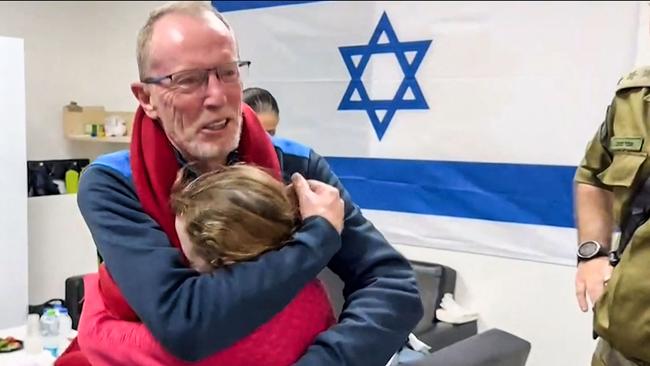
As Brisbane’s new Anglican Archbishop Jeremy Greaves thinks about Christmas he thinks of those who will gather “to share food and gifts and stories, about those who will put aside old arguments and hurts just for a day to be together as family” and “those who have no one to gather with, for whom Christmas opens old wounds or reminds them of their loneliness, and I wonder what more we can do to invite those people in, to gather with us”. His Catholic counterpart, Archbishop Mark Coleridge, notes that while the world is “cracked”, it is the crack that allows in the light that broke through the heavens when God became man.
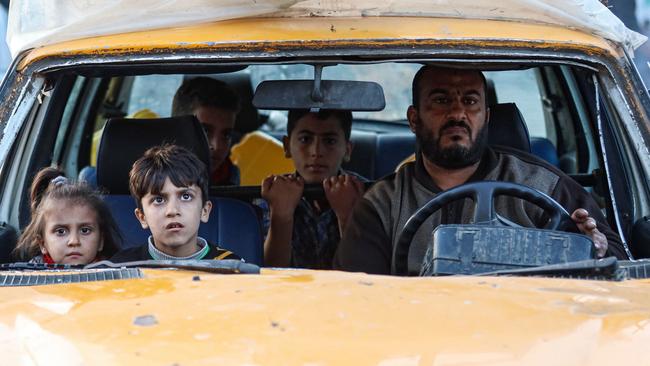
Celebrations of that miracle in a manger look the same as usual in Australia. But the mood seems far from celebratory, Uniting Church President Rev Sharon Hollis says in her message: “The story of Jesus’ birth is not one that occurs in a fairytale world of stillness and calm. Rather, Jesus comes as a vulnerable baby into a precarious world, born into empire, shadowed by violence.” In the aftermath of his birth, Matthew’s Gospel relates, the despotic King of Judea, Herod, determined to have the child killed, ordered the massacre of all boys aged two years and younger in Bethlehem and its vicinity. Jesus’ mother, Mary, and his foster father, Joseph, fled with the child into Egypt. The slaughtered infants, the first Christian martyrs, whose number is unknown, are commemorated on December 28 each year.
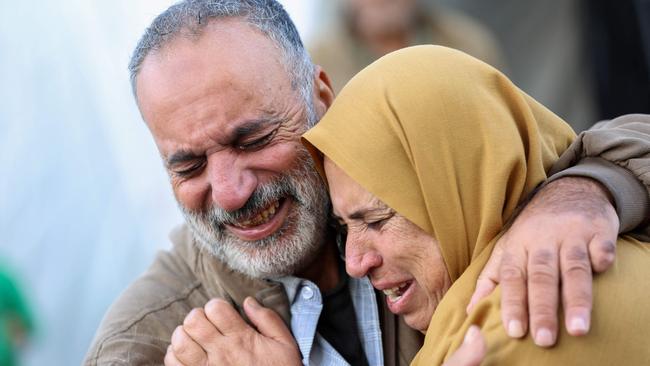
This Christmas comes amid a deepening clash of values. Traditional Australians, Kelly writes, “value faith, flag, family, national unity and personal responsibility while elites and progressives prioritise diversity and inclusion, campaigns against racial, sexual and gender discrimination, are cosmopolitan in outlook, pro-immigration, pro-renewables and sceptical of national security overreach”. The transcendent moral warning, he points out, remains that of British Rabbi Jonathan Sacks: “When there is no shared morality, there is no society.” Debates about the breakdown of trust are mainly useless because they ignore the main cause: when society cannot agree on core values, there is no trust. But the values at the heart of Christmas, goodwill, peace and hope, are applicable to good, kind people of all religious faiths and none. Happy Christmas and a peaceful 2024 from The Weekend Australian.

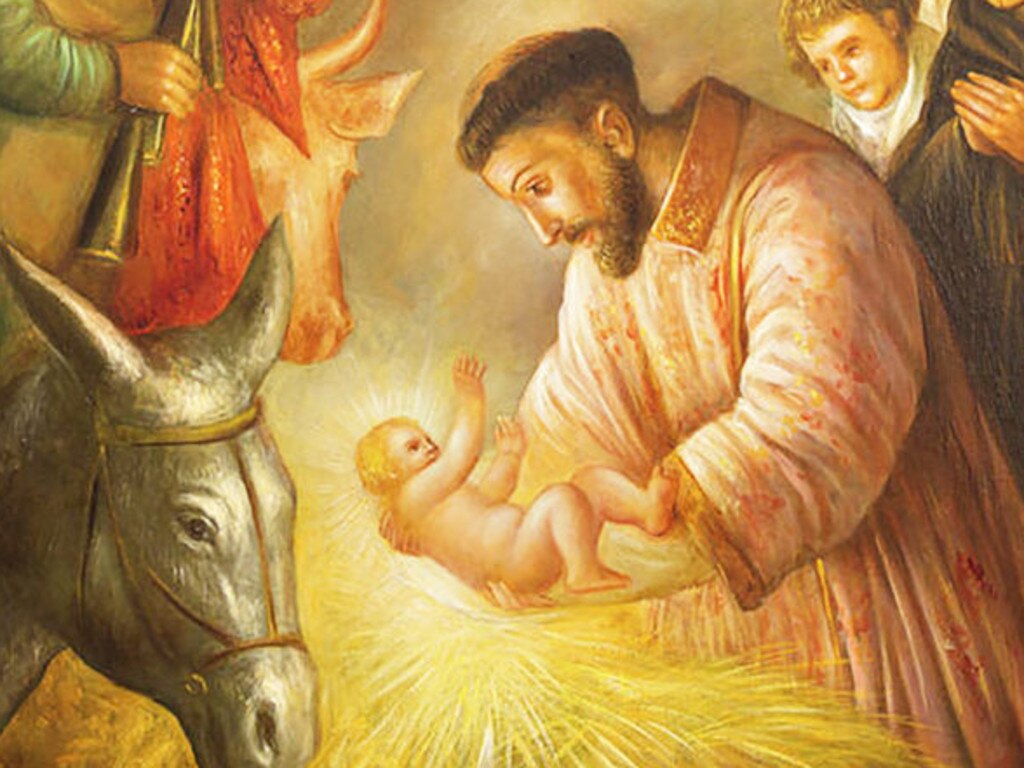
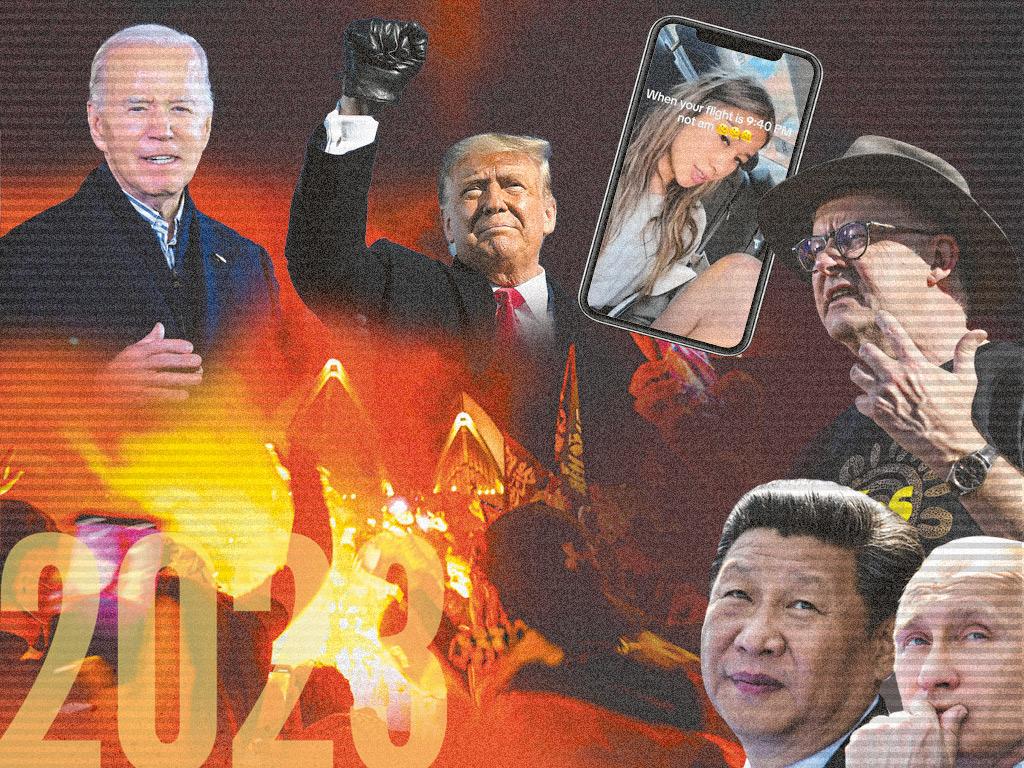



The world’s favourite carols sing of peace on earth and goodwill to all – a promise of hope. Yet this year, Sydney’s Catholic Archbishop Anthony Fisher says in his Christmas message, the “songs do not seem to match our reality. Instead of peace, we hear daily of war. Instead of goodwill, we witness man’s inhumanity to man. Instead of hope, we see despair, as people worry about war, climate, making ends meet.” Bethlehem, the West Bank town in the limestone hill country 10km south of Jerusalem where a Jewish boy was born and laid in a manger a little more than 2000 years ago, is eerily subdued. Tourists have stayed away and the local people are reeling in the aftermath of Hamas’s October 7 slaughter of 1200 Jews, from babies to 90-year-olds, and the kidnap of 240 others. That terror attack and the subsequent Gaza war, which has caused immense suffering and about 20,000 deaths of Palestinians, including chidren, have dominated world news in the last quarter of the year and will do so again in 2024. As Paul Kelly writes in Inquirer, the Middle East hovers at an inflection point, either a deepening polarisation on both sides or, somehow, a push to resurrect the two-state, Israel and Palestine, political solution.